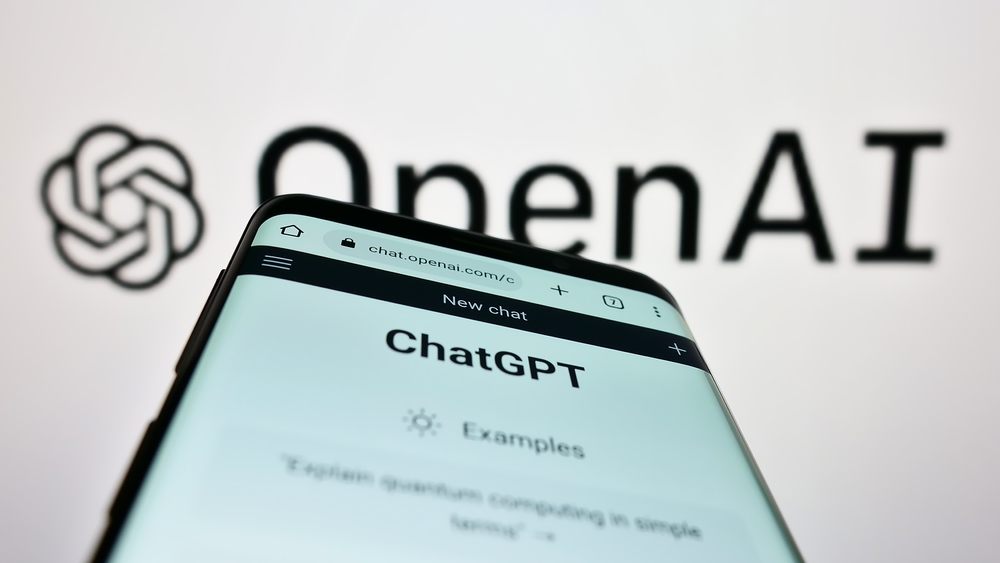OpenAI has been awarded a $200 million contract by the U.S. Defense Department to develop artificial intelligence tools for national security, the Pentagon announced Monday. The contract underscores the growing role of AI technologies in U.S. defense operations and OpenAI’s expanding government partnerships.
AI Tools for National Security
According to the Pentagon, OpenAI will work on developing “prototype frontier AI capabilities” to address critical national security needs across both warfighting and enterprise domains. The contract’s work will primarily be conducted in and around Washington, D.C., with completion expected by July 2026.
OpenAI’s Rapid Business Growth
The contract comes as OpenAI continues its rapid expansion. Last week, the company reported that its annualized revenue run rate had reached $10 billion as of June, driven by widespread adoption of its AI platforms. OpenAI is positioning itself to meet its full-year revenue target as demand for generative AI technologies accelerates.
New Funding and Valuation Milestones
In March, OpenAI announced plans to raise up to $40 billion in a funding round led by SoftBank Group, potentially valuing the company at $300 billion. As of the end of March, OpenAI reported 500 million weekly active users, highlighting its rapid global growth and user engagement.
Federal AI Policy Guidance
The contract award follows the release of new guidance from the White House’s Office of Management and Budget in April. The guidance aims to ensure a competitive American AI marketplace but exempts national security and defense applications from certain regulatory provisions, allowing the Pentagon greater flexibility in pursuing advanced AI development contracts like the one awarded to OpenAI.
Conclusion
OpenAI’s $200 million contract with the Defense Department marks a significant expansion of its government work, further integrating AI technology into U.S. national security efforts. The deal also highlights OpenAI’s broader growth trajectory as both commercial and federal demand for advanced AI solutions continues to rise.


